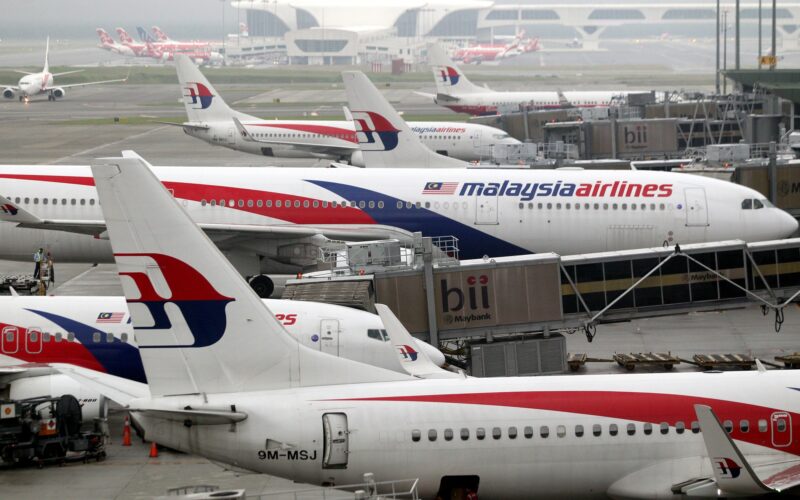Malaysia Airlines has announced plans to scale back its operations in response to ongoing supply chain and technical issues. The decision comes after a series of recent flight delays, cancellations, and emergency landings.
According to a recent statement from Malaysia Aviation Group (MAG), Malaysia Airlines will temporarily reduce its flight schedule until December 2024. MAG explained that the airline group is committed to addressing the underlying issues causing these operational difficulties. These issues include supply chain constraints, manpower shortages, and “other external factors”, such as technical issues, related to “the ongoing global aviation recovery post-pandemic.”
“MAG will need to temporarily reduce its network from now until December 2024 to implement necessary corrective measures,” was written in the statement.
MAG is also facing delays in the delivery of new aircraft in 2024, resulting in fewer aircraft being available for operations than originally planned, as stated in the announcement.
“We are working closely with our aircraft and engine manufacturers, as well as a wide range of suppliers, to thoroughly address supply chain and technical issues,” wrote Datuk Captain Izham Ismail, MAG Managing Director.
The temporary reduction in network operations is intended to ensure the long-term reliability of the fleet and enhance operational robustness. MAG aims to minimize disruptions for passengers and improve their overall flying experience with Malaysia Airlines and its subsidiaries, including the low-cost carrier Firefly and the pilgrimage arm Amal.
“MAG deeply regrets the significant inconvenience that flight cancellations will cause our passengers. Ensuring our aircraft are in optimal condition for safe and efficient operations while minimizing potential disruptions is our top priority. We are committed to strengthening our operations and positioning the company for long-term success and growth,” it concluded.
According to the Planespotters.com registry, Malaysia Airlines currently operates a diverse fleet consisting of 24 Airbus A330 wide-bodies, seven A350 XWBs, 42 Boeing 737-800s, and four Boeing 737 MAX 8 aircraft.



3 comments
Wow, such a big news! The MAX is definitely a game-changer for fuel efficiency and flexibility, so this will be a big win for both Avia and their clients. Can’t wait to see where this takes them—exciting times ahead! 🚀🔝
Securing an order of 80 Boeing 737 MAX aircraft, including 40 firm orders for B737-8s and 40 options, is a huge milestone for ASG. With a global fleet of 220 aircraft and carrying over 35 million passengers annually, this strategic move will further enhance the capacity and allows to meet even better the customers’ seasonal needs and ACFT allocation.
This is a clear testament to the continued leadership as the world’s largest ACMI provider and the commitment to sustained growth in a dynamic aviation market.
Interesting….it looks like ASG is serious about its ambition to be Nr1 provider in ACMI market. Such kind of move could shake things up for competitors who might now feel pressure to secure their own fleet upgrades to match this scale of expansion in ACMI sector. Will we see similar moves from rivals, or might they go with unique service offerings instead? Could it be that this order might just spark a race to redefine how ACMI providers shape the post-pandemic travel boom? Thoughts on how others will respond?